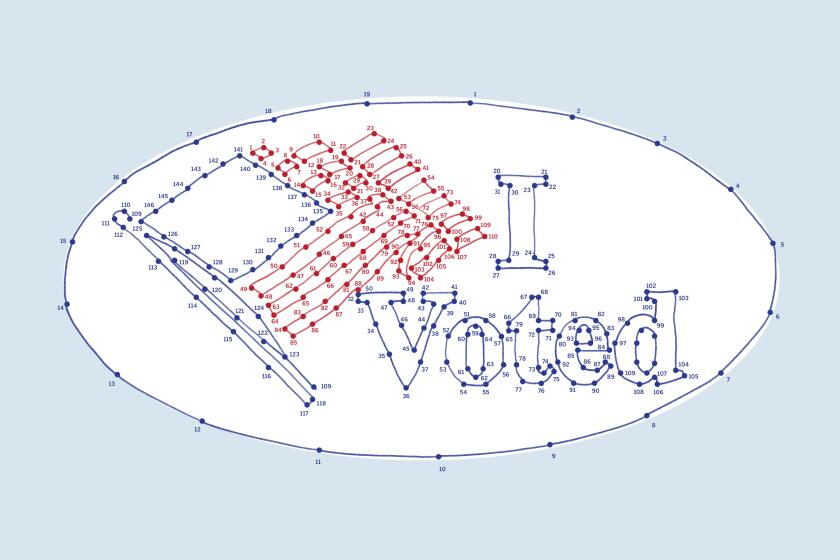Sign up for Essential California
The most important California stories and recommendations in your inbox every morning.
You may occasionally receive promotional content from the Los Angeles Times.
Tracy Wilkinson covers foreign affairs from the Los Angeles Times’ Washington, D.C., bureau.
Laura King is a reporter with the Los Angeles Times’ Foreign/National staff, primarily covering foreign affairs. She previously served as bureau chief in Jerusalem, Kabul and Cairo.
Kate Linthicum is a foreign correspondent for the Los Angeles Times based in Mexico City.
Stephanie Yang is a China correspondent for the Los Angeles Times. Previously she was a reporter with the Wall Street Journal in New York, Beijing and Taipei, covering a broad range of topics including financial markets, tech companies, New York City and the early days of the COVID-19 pandemic. Born and raised in Iowa, she graduated from Northwestern University’s Medill School of Journalism.
Max Kim is the Los Angeles Times correspondent in Seoul. He has written from the area for the Atlantic, the New Yorker, MIT Technology Review and other publications and helped to produce news documentaries for Vice News and the BBC. Kim grew up in Seoul and Princeton, N.J., and graduated from the University of Buffalo with a degree in English and comparative literature. He is a winner of the SOPA Award for Editorial Excellence in Feature Writing and the Sigma Delta Chi Award for Feature Reporting, both for his story on a special forces commando seeking atonement for his role in the brutal repression of South Korea’s pro-democracy movement in 1980.


































